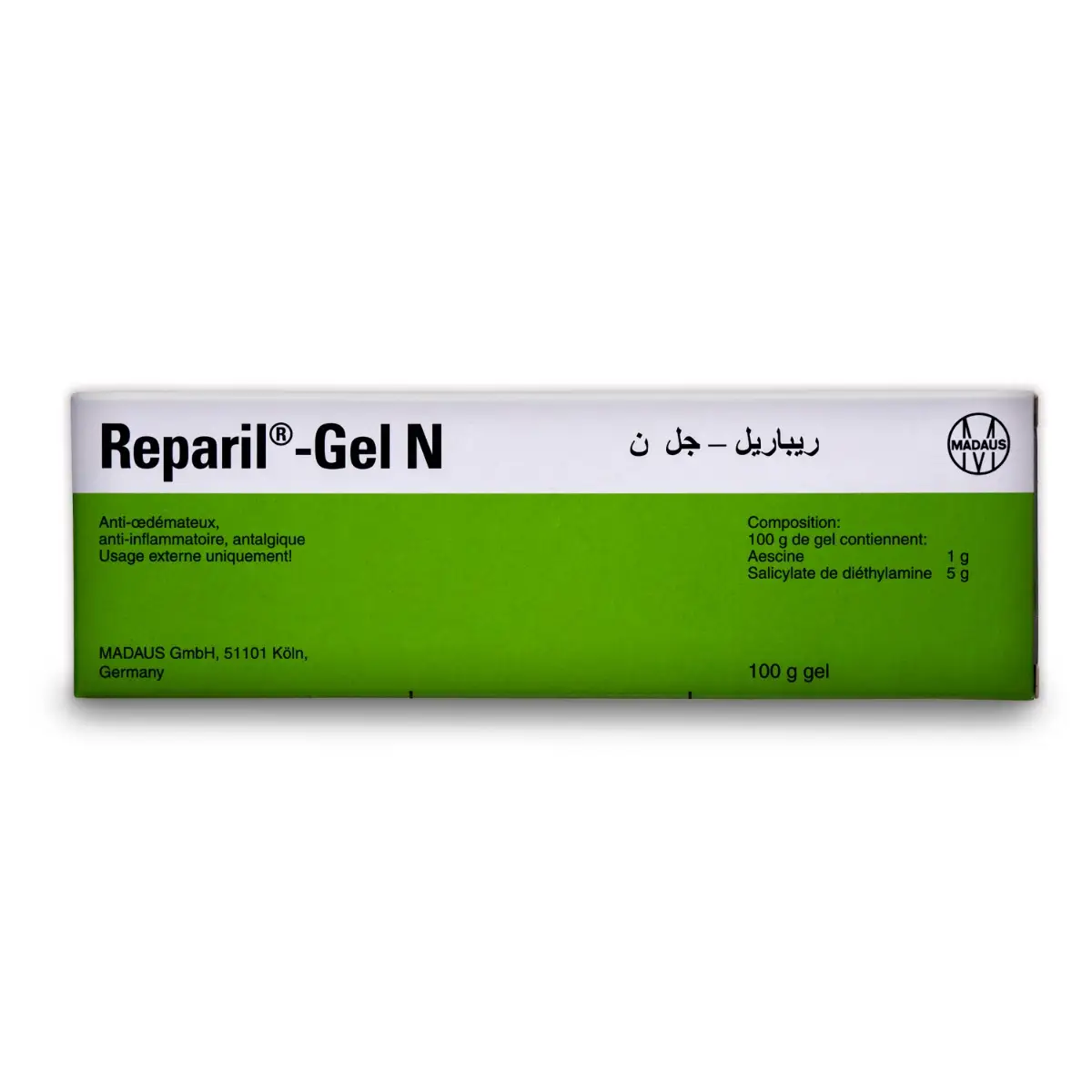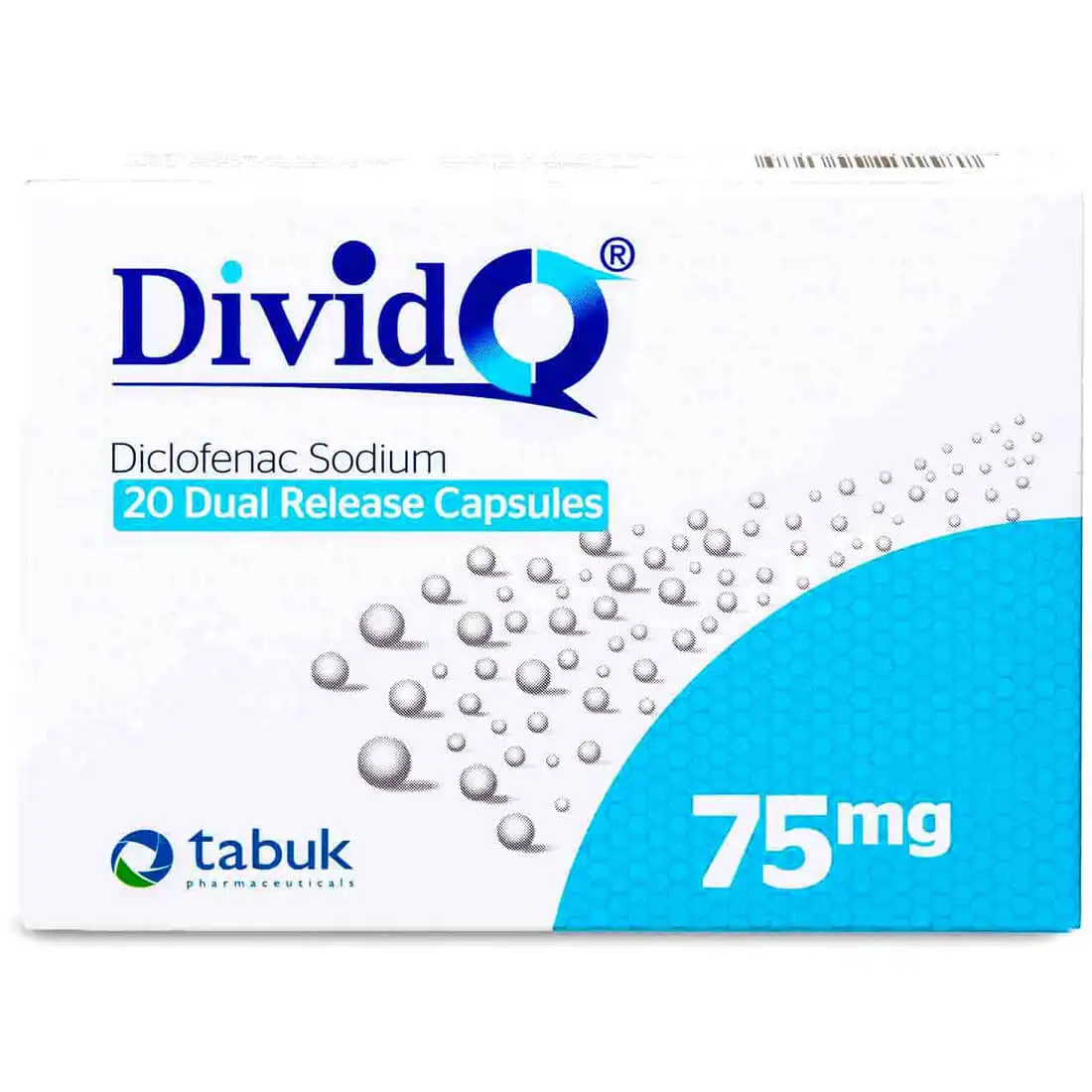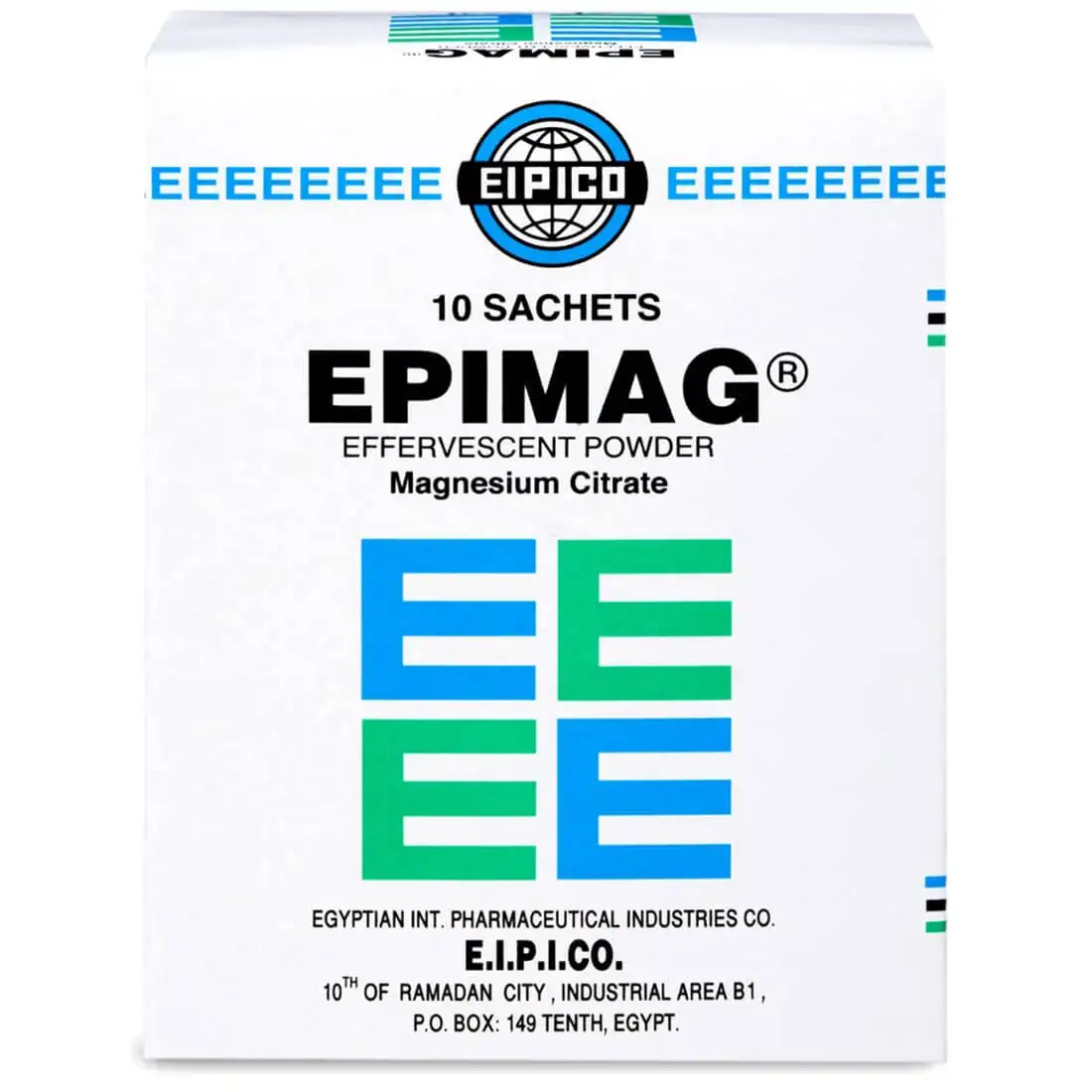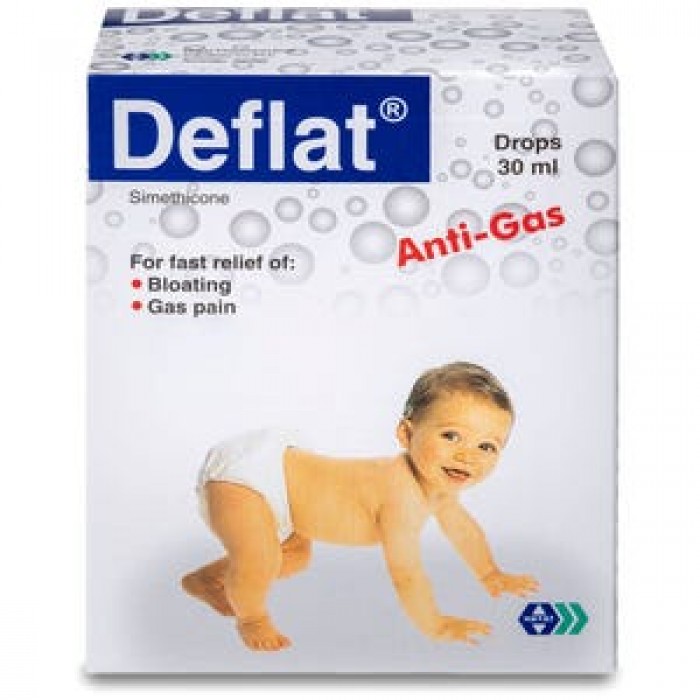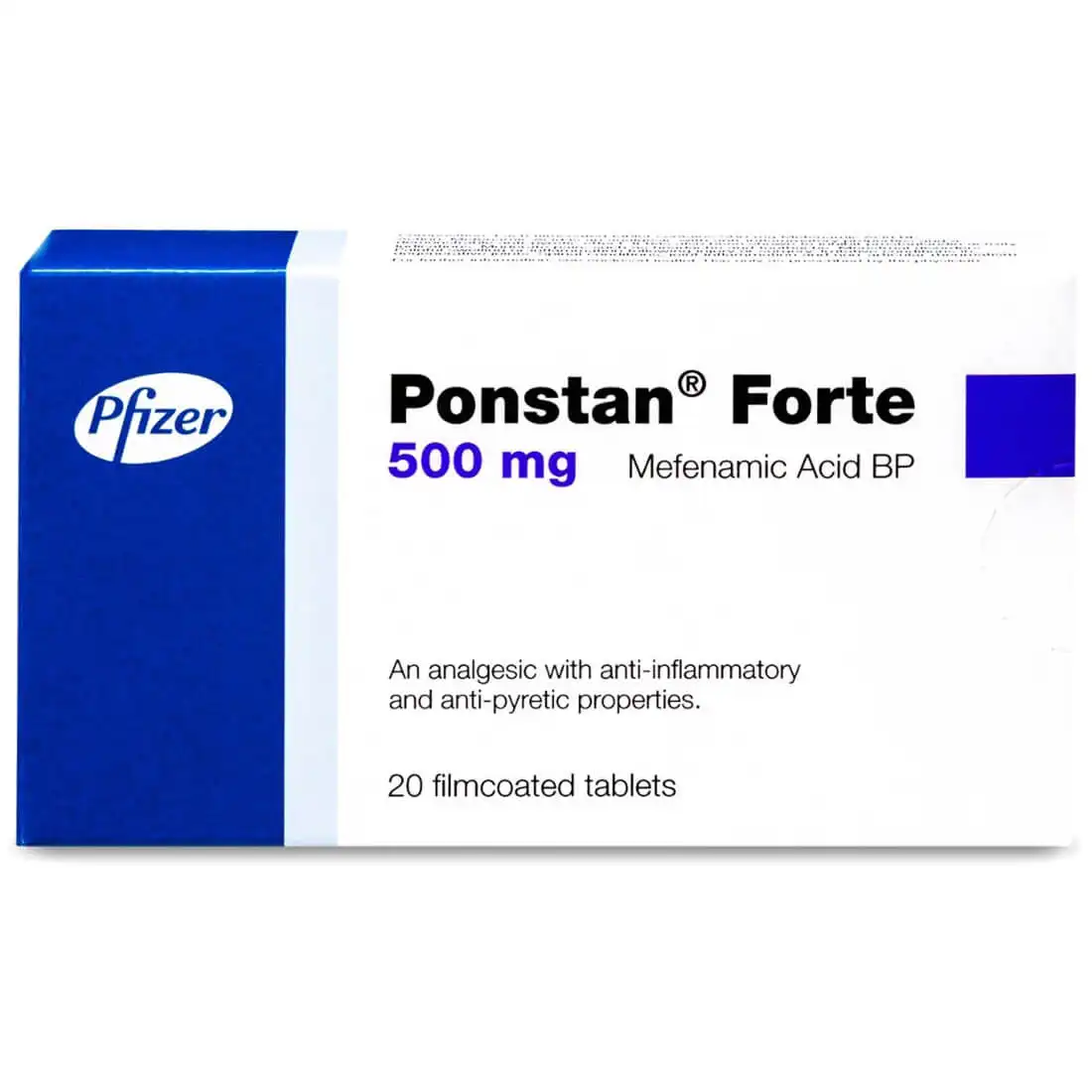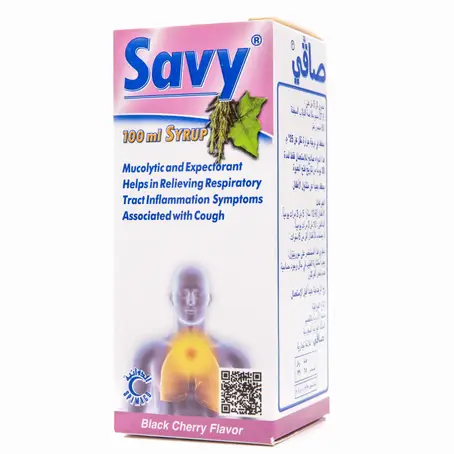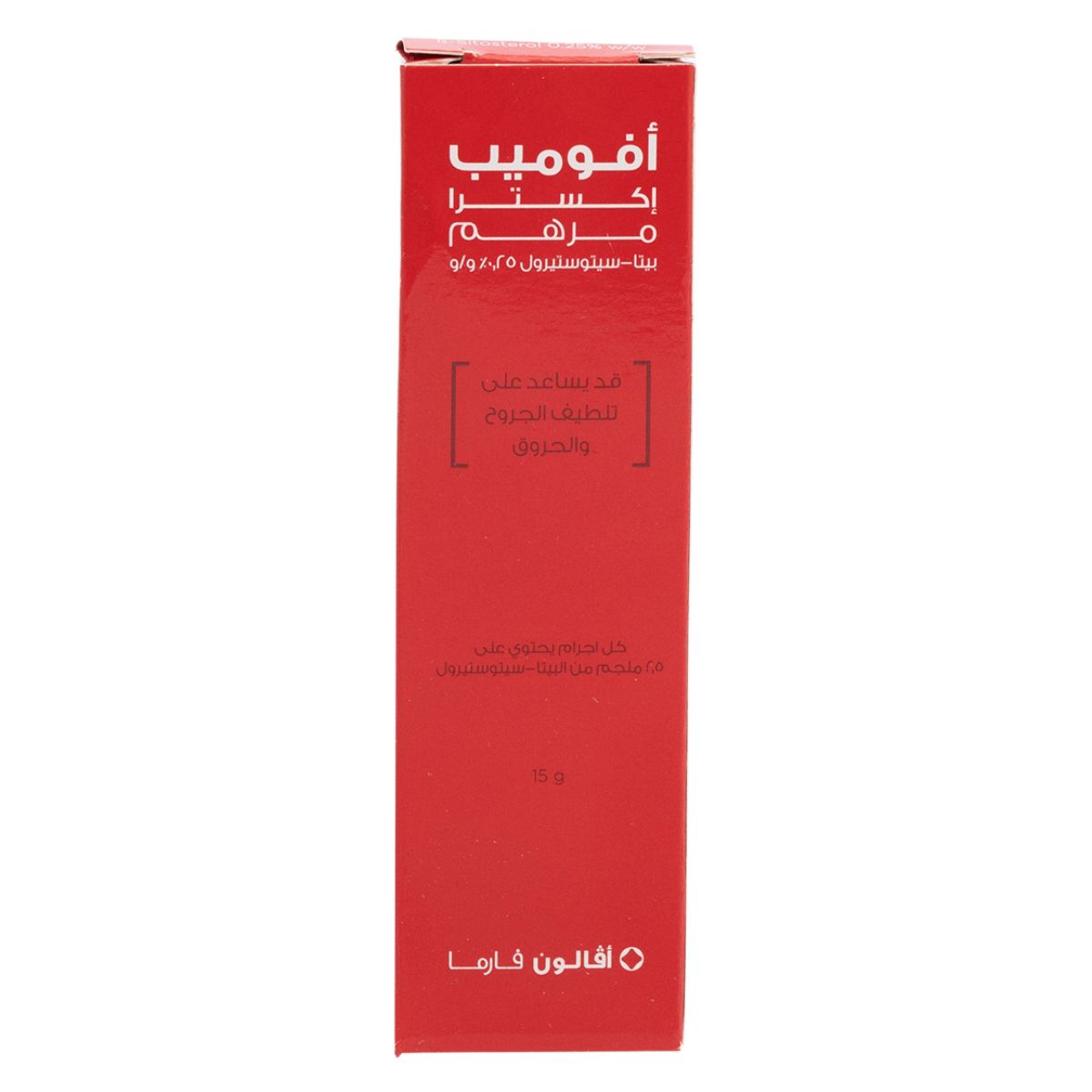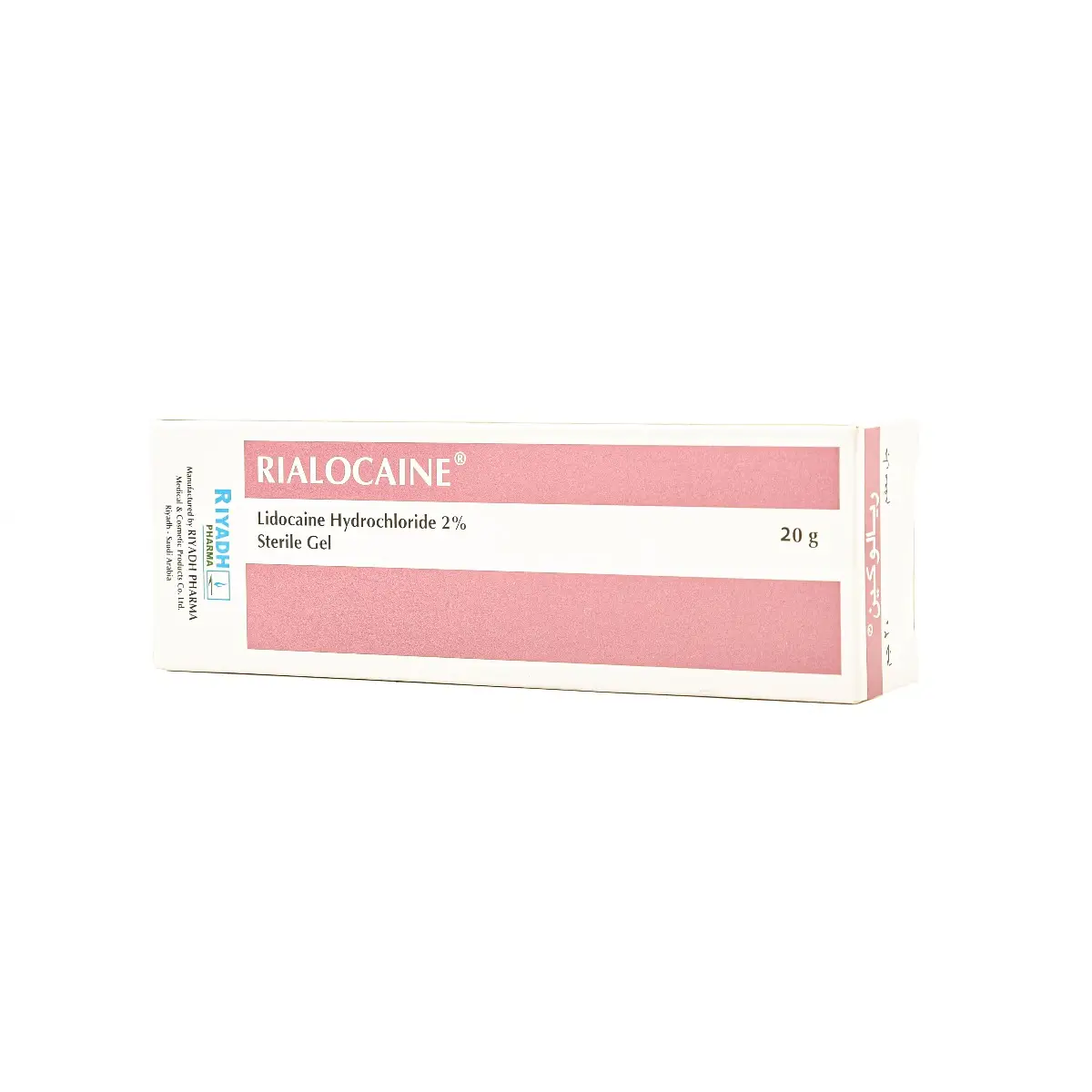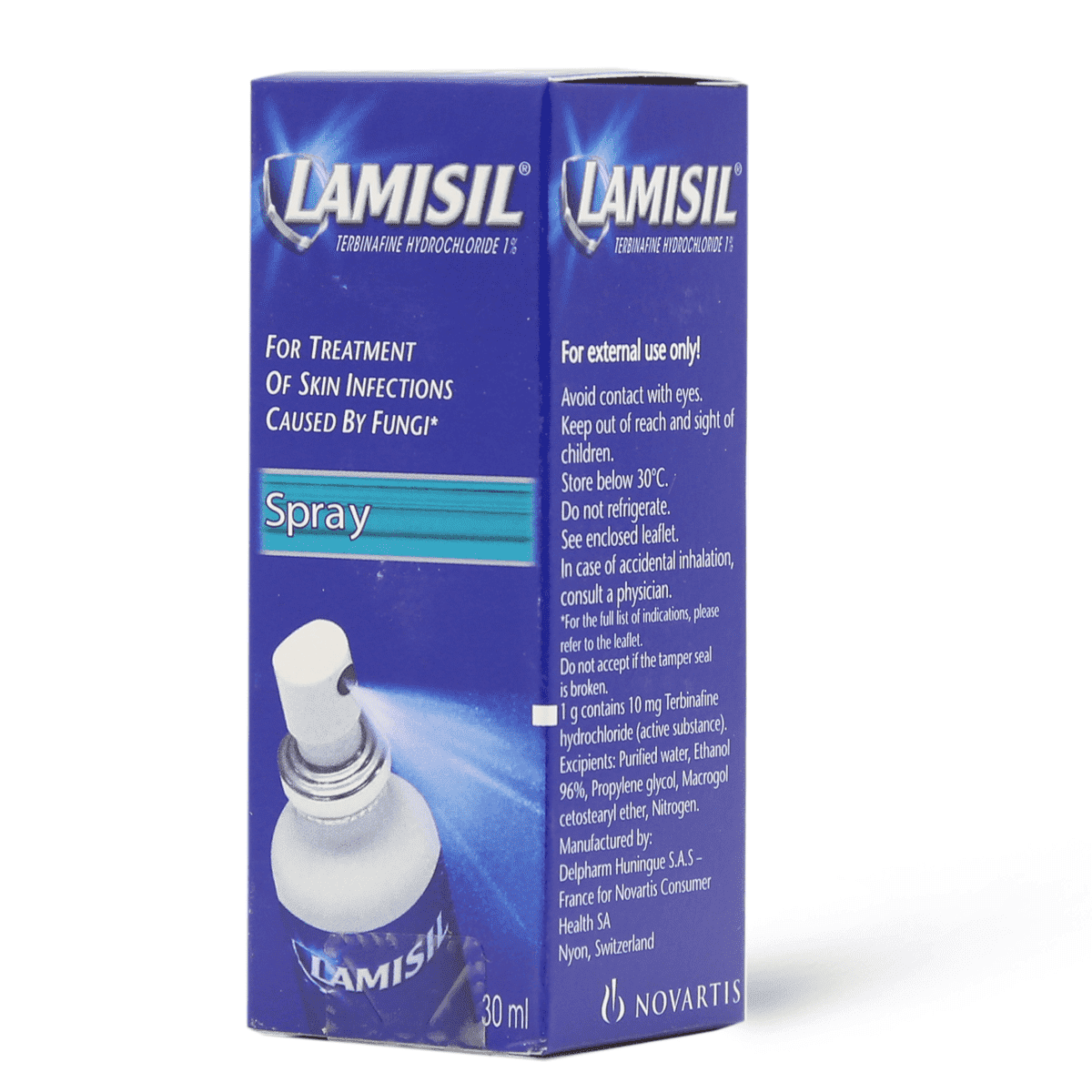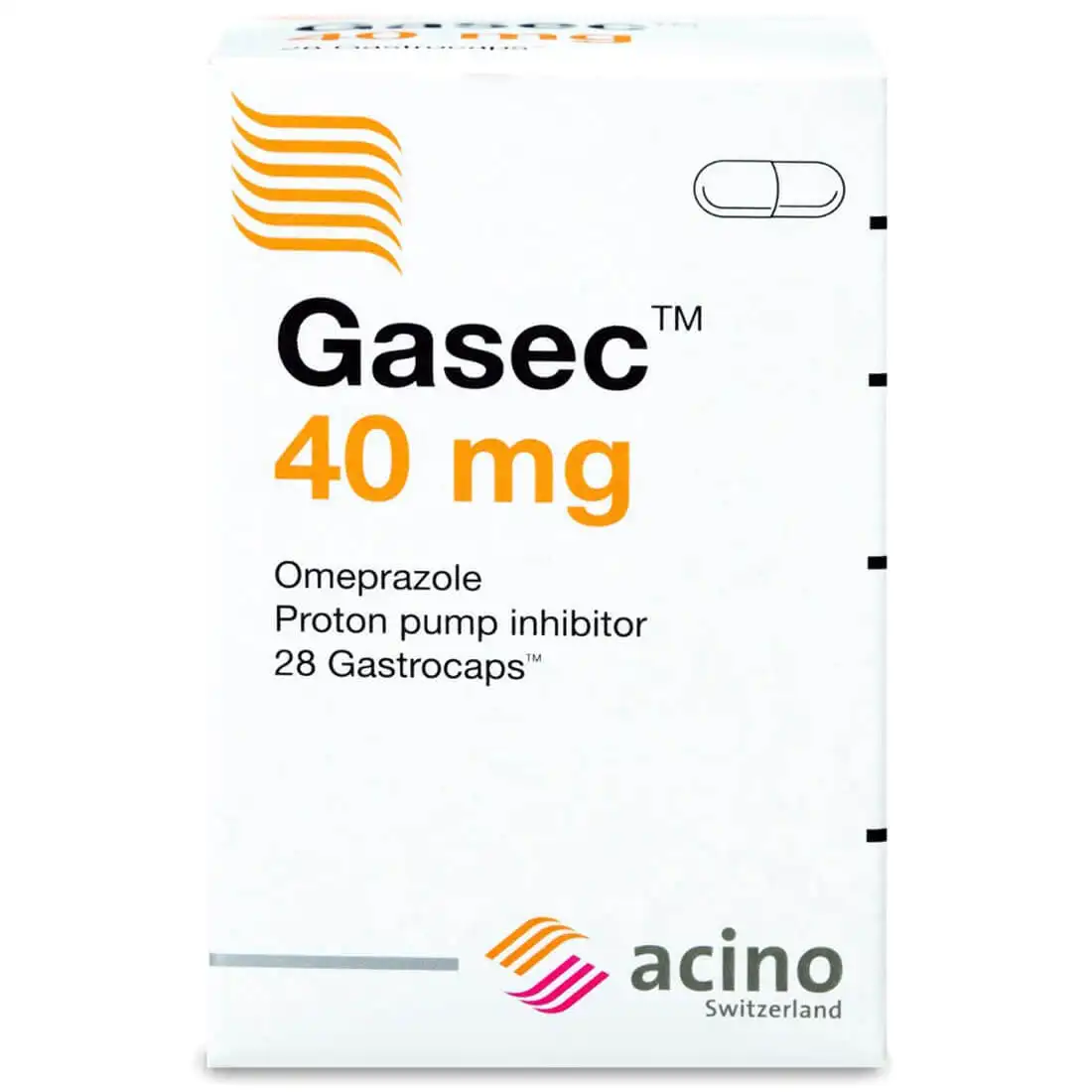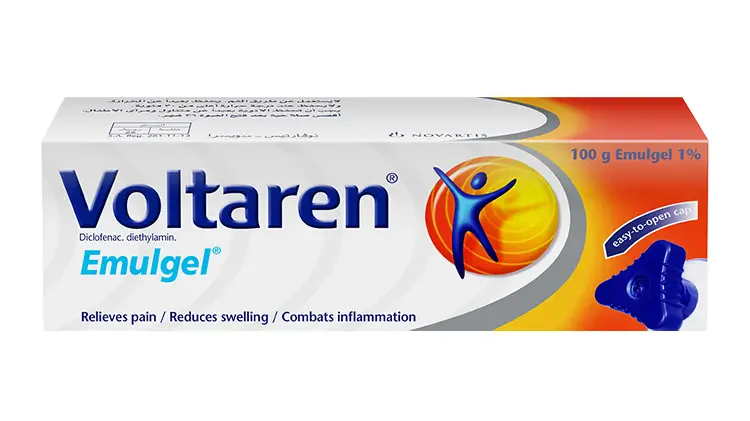| Image | Name | Price |
|---|
Free shipping on orders above 200 SAR
Verify OTP
OTP has been sent to
Verify OTP
OTP has been sent to
Cart Total
Get notified when this product is available
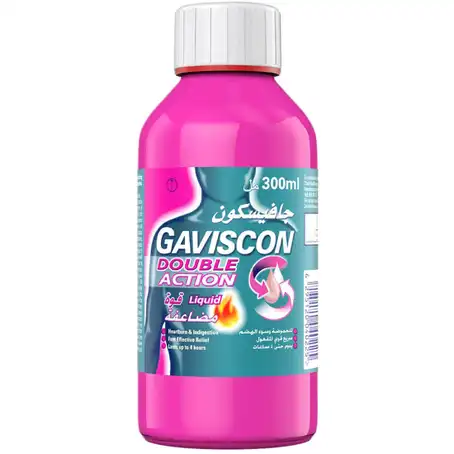


Product Description:
What Sodium alginate| sodium bicarbonate| calcium carbonate is and what is used for:
- It is used for the treatment of symptoms resulting from the reflux of acid| bile and pepsin
- into the oesophagus such as acid regurgitation| heartburn and indigestion| for example
- following meals or during pregnancy| and for symptoms of excess stomach acid
- (hyperacidity).
- Can also be used to treat the symptoms of gastro-esophageal reflux during concomitant
- treatment with or following withdrawal of acid suppressing therapy.
What is gastro-esophageal reflux:
- Gastroesophageal reflux occurs when stomach acid frequently flows back into the tube connecting your
- mouth and stomach (esophagus). This backwash (acid reflux) can irritate the lining of your esophagus.
- Many people experience acid reflux from time to time
What you need to know before you take Sodium alginate| sodium bicarbonate| calcium Carbonate:
Do not take Sodium alginate| sodium bicarbonate| calcium carbonate if:
- Hypersensitivity to sodium alginate| sodium bicarbonate| calcium carbonate or the esters of
- hydroxybenzoates (parabens)
- Warnings and precautions
- This product is considered high in sodium. This should be particularly taken into account for
- those on a low salt diet (e.g. in some cases of congestive heart failure and renal
- impairment).
- Caution if you have reduced kidney function or on a controlled potassium diet.
- Care needs to be taken if you have hypercalcaemia| nephrocalcinosis and recurrent calcium
- containing renal calculi.
- Taking this product can mask the symptoms of other more serious| underlying medical
- Contains methyl parahydroxybenzoate (E218) and propyl parahydroxybenzoate (E216)
- which may cause allergic reactions (possibly delayed).
Other medicines and Sodium alginate| sodium bicarbonate| calcium carbonate:
- Tell your doctor or pharmacist about all medicines you take| including prescription and over-the-counter medicines| vitamins and herbal supplements.
Due to the presence of calcium and carbonates which act as an antacid| a time-interval of 2 hours should be considered between intake of this product and the administration of other medicinal products| especially:
- H2-antihistaminics (cimetidine| famotidine| nizatidine and ranitidine)
- Tetracyclines (doxycycline| minocycline)
- Digoxin
- Fluoroquinolones (ciprofloxacin| levofloxacin| moxifloxacin)
- Iron salts
- Thyroid hormones (levothyroxine)
- Ketoconazole
- Beta -blockers (atenolol| metoprolol| propanolol)
- Pregnancy and breastfeeding
- It can be used during pregnancy and if breastfeeding if clinically needed.
- Driving and using machines
- It has no or negligible influence on the ability to drive and use machines.
How to take Sodium alginate| sodium bicarbonate| calcium carbonate:
- Adult and children above 12 years: 10-20 ml after meals and at bedtime| up to four times per day.
- If you forget to take Sodium alginate| sodium bicarbonate| calcium carbonate
- Take the missed dose as soon as you remember.
- If it is too close to the next dose| skip it.
- Do not take two doses at the same time.
Possible side effects:
- Like all medicines| this can cause side effects| although not everybody gets them. The side effects below
- may happen with this medicine.
- Symptoms are likely to be minor in acute overdose:
- Some abdominal distension may be noticed.
- Milk-alkali syndrome has occurred in individuals taking large doses of calcium carbonate per day
- for prolonged periods.
Management:
- In the event of overdosage symptomatic treatment should be given.

